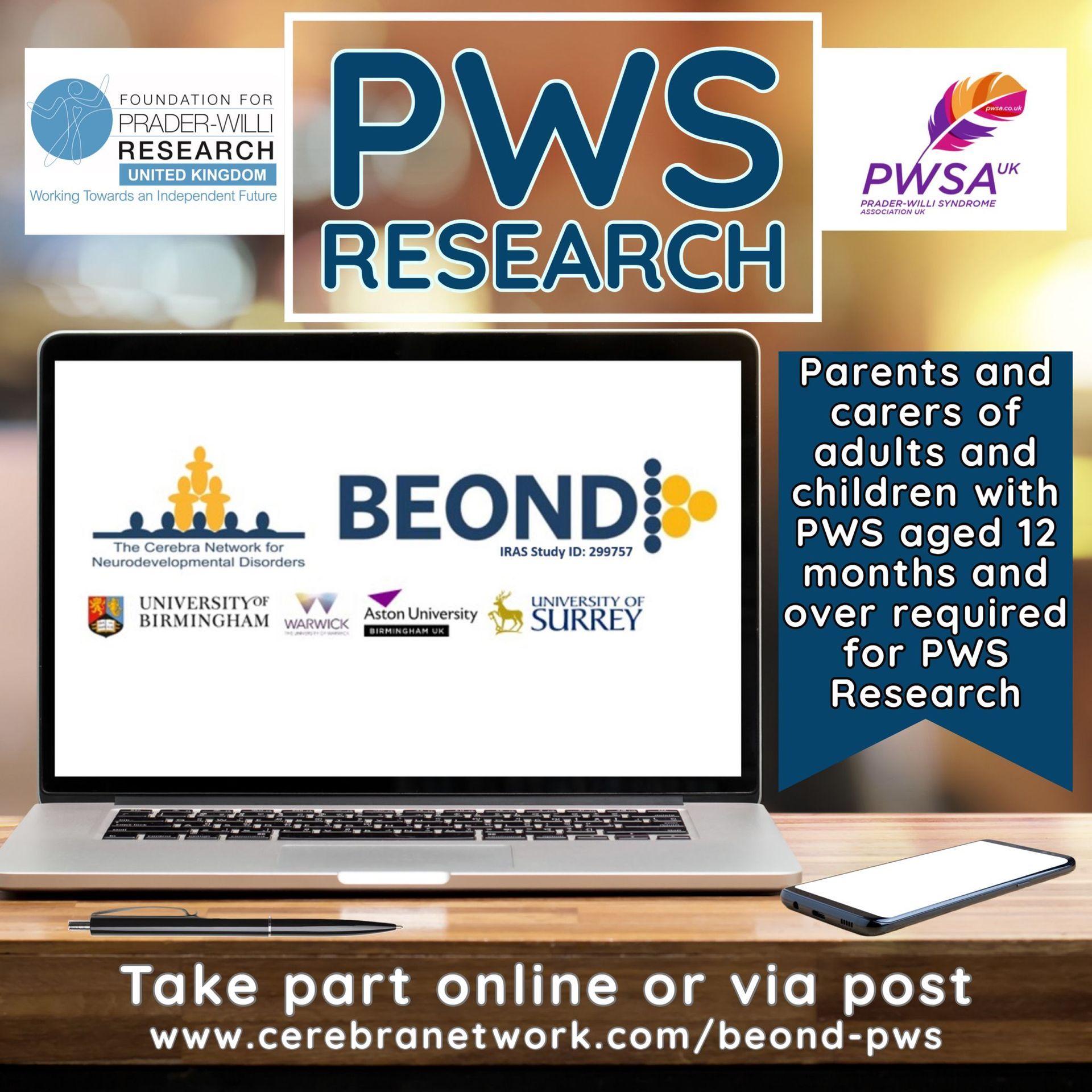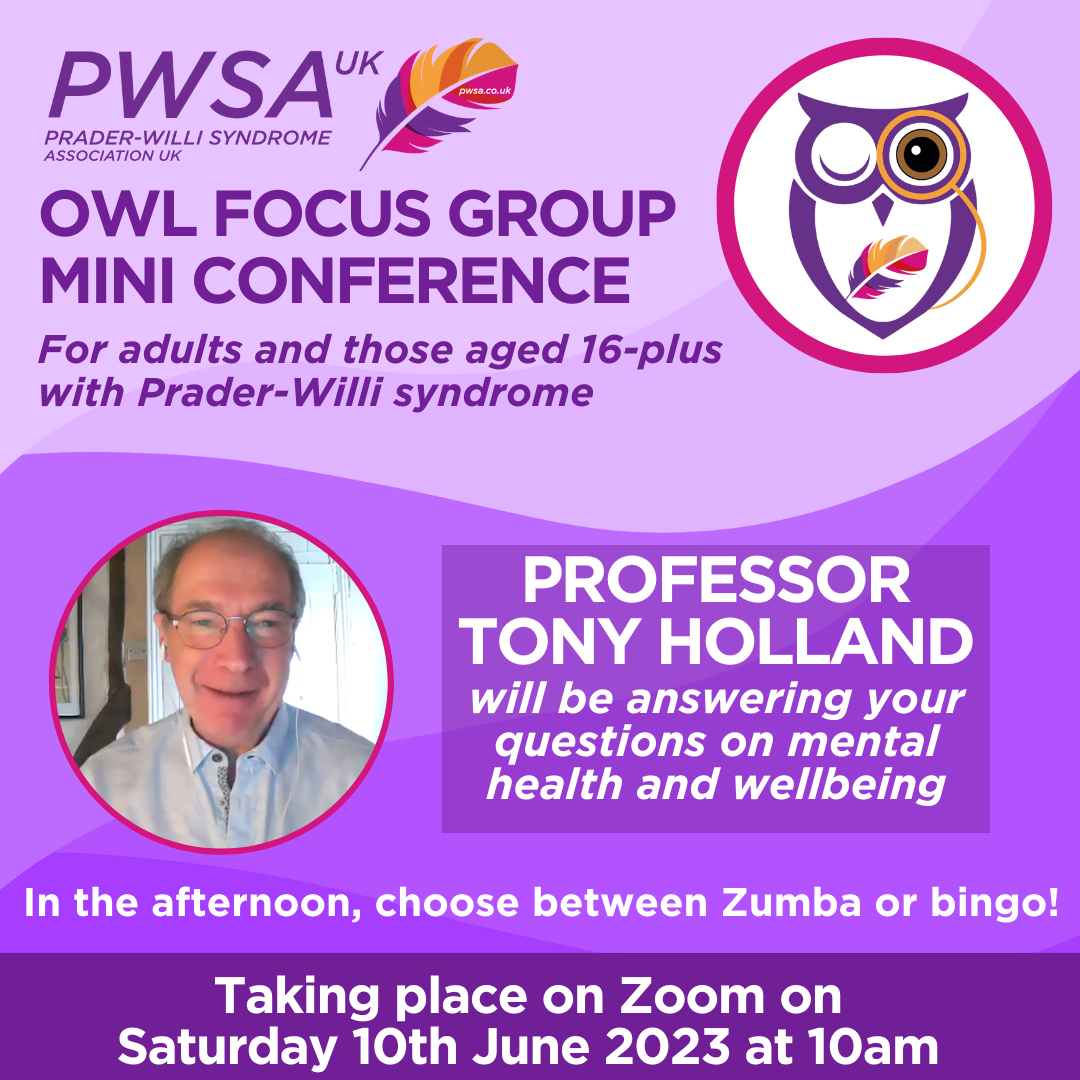Coronavirus: latest advice for children and adults with PWS
JHorsfall • 18 March 2020
Here we will post the latest updates on coronavirus impacting on our PWS community as we get them. This page was updated as of 23rd March 2020 to reflect the most up-to-date advice.

We would urge everyone to keep up to date with the latest advice and guidance from the Government, which can be found here, as well as the latest guidance from the NHS, which can be found here.
Educational provision and key workers
Current advice is not to send your child to school unless absolutely necessary. The Government has issued information for parents and carers regarding the closure of schools and colleges to help stop the spread of coronavirus, which you can find here.
Additionally, it has also produced a list of key workers classed as critical to the UK’s COVID-19 response, whose children should still be offered educational provision. This can be found here.
Please note that individual schools may have their own processes or approaches in relation to this guidance, so we would advise you to keep in close contact with your child’s school.
Health advice
The NHS is now making direct contact with more than a million people considered to be most at risk of needing hospital treatment if they catch coronavirus, asking them to stay at home for at least 12 weeks.
This includes people with severe respiratory conditions and some people with rare diseases such as severe combined immunodeficiency. Those who fall into this extremely vulnerable category should receive letters by 29 March – if they have not, and they feel that they fit into this category then they should discuss their concerns with their GP or hospital clinician. Further details can be found here.
In addition to the health advice issued by the Government, PWSA UK remains in close contact with clinicians at specialist PWS clinics, who have shared the following information. Please remember that the situation is continually changing, so we will do our utmost to ensure that we share the latest information regarding PWS with you as soon as we have it.
Children
- We have taken advice from three separate hospitals, all of whom have confirmed that children do not need to be isolated unless they are showing symptoms of coronavirus (high temperature or new persistent cough) OR have a serious underlying condition that affects their lungs or heart.
Adults
- Dr Tony Goldstone, Consultant Adult Endocrinologist, advises that, in his opinion, adults with PWS that have one or more of the following, will fall into the high risk category:
• BMI> 30kg/m2
• Respiratory problems
• Diabetes
• Those advised to have a flu vaccination for medical reasons
• Asthma, or current OSA, or on CPAP/BiPAP
• Heart failure or hypertension or pulmonary hypertension
• Cortisol deficiency
• Current smoker











